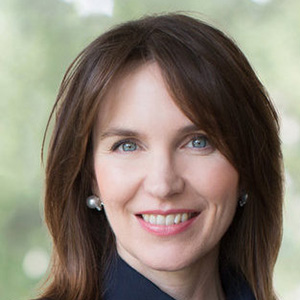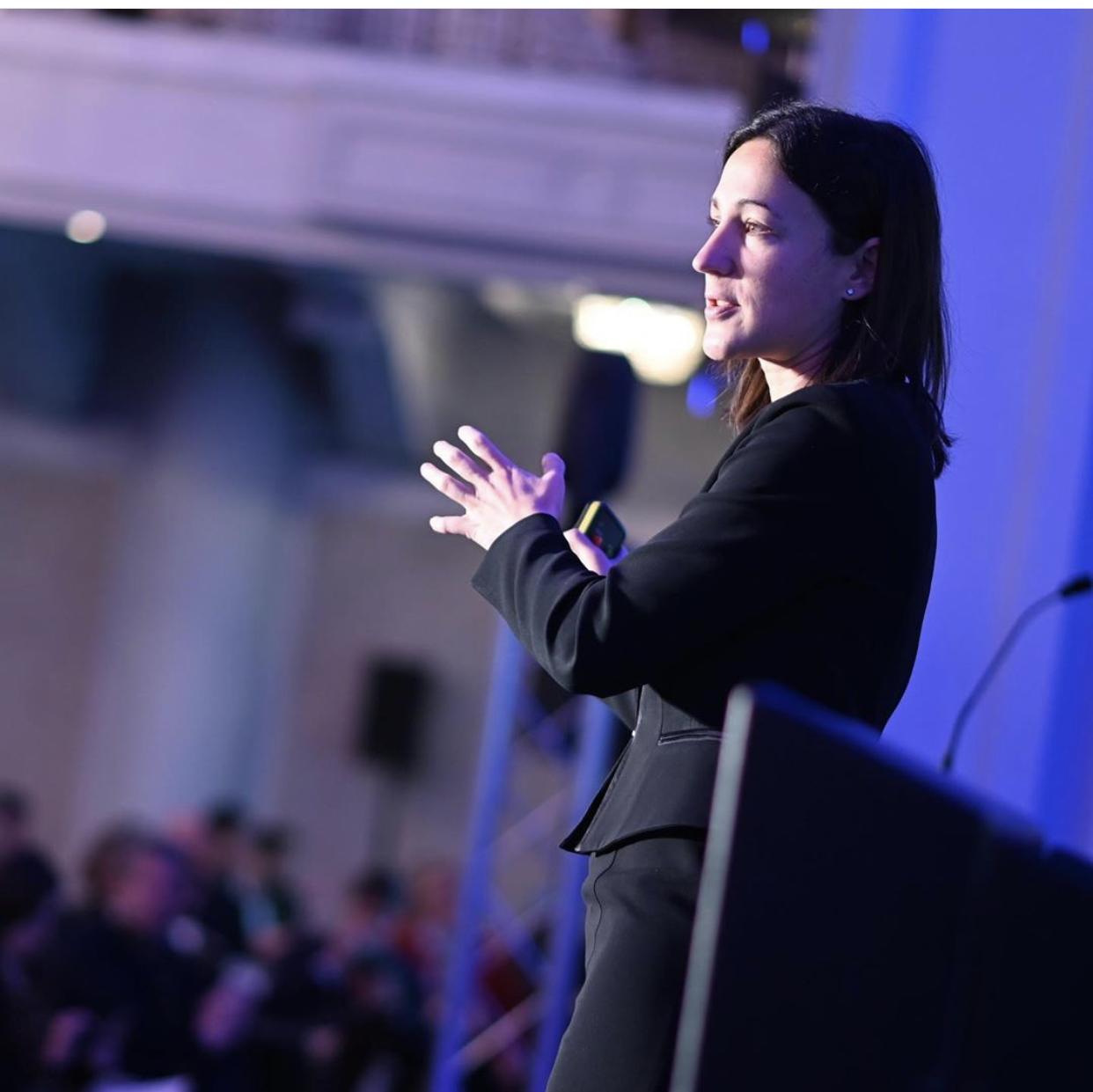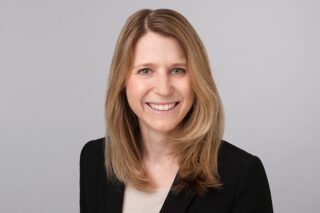





Today, organisations are facing unparalleled volatility and uncertainty in the business environment around them. There has been a fundamental shift in the management practices of successful companies in comparison to those a century ago. Organisations and managers need to be aware of these changes and make adequate changes to their organisations in order to ensure their survival.
Last week, the Executive MBA HSG of the University St.Gallen travelled to London and Vienna to attend Thinkers 50 and Global Peter Drucker Forum in order to share thoughts and research on emerging topics within management and business.

The week commenced with Thinkers50 in London, an event specifically designed to create a forum of exchange for business and management ideas and to celebrate the thought leaders within our field. The day included many discussions from leading thought leaders such as Zhang Ruimin (CEO of Haier), Prof. Rosabeth Moss Kanter, Prof. Rita McGrath amongst many others.
At this event Prof. Dr. Karolin Frankenberger (Academic Director, Executive MBA HSG) took part in a panel to discuss how companies can master transformation within their organisations. Building on her latest research and forthcoming book, where she interviewed 100 CIO and CDOs to discuss how the transformation process occurs, she emphasised the need for fundamental changes to the organizational set-up of the organisation and the creation of a new separate unit with dedicated people.
”The key challenge lies in the coexistence and alignment of two differing organizational set-ups within the organization. To make sure the implementation goes smoothly, organizations need to set up the right structure and the right mindset and talent (leadership, people, culture).”
—
Prof. Dr. Karolin Frankenberger
The week concluded at the 11th Annual Global Peter Drucker Forum in Vienna, one of the world’s leading management conferences. This year the focus of the conference was: The Power of Ecosystems, which highlighted the transformation that many organisations are facing within their management practices.
“We are seeing a lot of experiments with new ways of working. It’s not only the Ali Babas, the Amazons and the Googles, but also a lot of traditional companies who are experimenting. It’s not just a story of digital innovation. It’s a story of new business imperatives, causing companies to do different things.”
—
Prof. Julian Birkenshaw
 Ecosystems offer firms immense added value that is not often feasible within a single vertically integrated organization. Instead by utilizing a dynamic and fluid structure, firms are able to become more agile and responsive to customer demand. As readers we are used to hearing about the digital natives who are synonymous with this ecosystem structure, however what made the forum special was hearing from the representatives of large legacy companies such as Haier and Tencent who shared their transformation stories and the reasonings behind them. They found that their hierarchical structures disconnected them from their customers therefore they radically changed their organizational structures in order to create a customer experience rather than just a product.
Ecosystems offer firms immense added value that is not often feasible within a single vertically integrated organization. Instead by utilizing a dynamic and fluid structure, firms are able to become more agile and responsive to customer demand. As readers we are used to hearing about the digital natives who are synonymous with this ecosystem structure, however what made the forum special was hearing from the representatives of large legacy companies such as Haier and Tencent who shared their transformation stories and the reasonings behind them. They found that their hierarchical structures disconnected them from their customers therefore they radically changed their organizational structures in order to create a customer experience rather than just a product.
One of the other key insights of the forum was the use of ecosystems as a means to tackle some of society’s larger problems. A refreshing new insight that stems away from the traditional focus on shareholder value, to a more holistic outlook that considers also the societal value and impact of firms.
“I truly believe that if we work, collaborate, and innovate together in the framework of ecosystems, we can solve many problems. The power of the ecosystem concept can help us to move forward and make sure that we make a big progress ahead rather than incremental improvements and tackle social, political and environmental problems.”
—
Prof. Dr. Karolin Frankenberger
 EMBA HSG Impact, News
EMBA HSG Impact, News
 EMBA HSG Impact
EMBA HSG Impact
Do you have any questions or require further information? We will be happy to help.